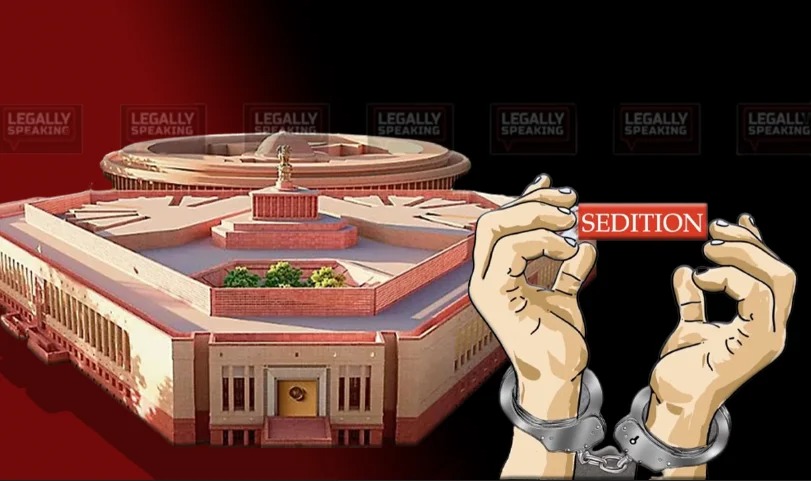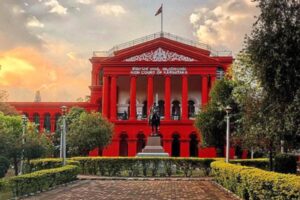
The 22nd Law Commission of India, led by former Chief Justice of Karnataka High Court Ritu Raj Awasthi, has recommended the retention of Section 124A of the Indian Penal Code (IPC), which criminalizes sedition.
The Supreme Court, headed by then Chief Justice of India N V Ramana had on May 11, 2022, put the provision in abeyance instead of deciding on its validity. This came after the Central government informed the Court that it would review and reconsider the necessity of retaining Section 124A.
The Law Commission in its report stated that, “Section 124A needs to be retained in the Indian Penal Code, though certain amendments, as suggested, may be introduced in it by incorporating the ratio decidendi of Kedar Nath Singh v. State of Bihar so as to bring about greater clarity regarding the usage of the provision.”
In a significant recommendation, the Commission proposed amendments to the existing punishment framework under Section 124A. Currently, the section stipulates a punishment of life imprisonment or imprisonment up to 3 years. The Commission suggests increasing the maximum imprisonment term from 3 years to 7 years.
“The 42nd Report of the Law Commission termed the punishment for Section l24Ato be very ‘odd’. It could be either imprisonment for life or imprisonment up to three years only, but nothing in between, with the minimum punishment being only fine. A comparison of the sentences as provided for the offences in Chapter VI of the IPC suggests that there is a glaring disparity in the punishment prescribed for Section 124A. It is, therefore, suggested that the provision be revised to bring it in consonance with the scheme of punishment provided for other offences under Chapter VI. This would allow the Courts greater room to award punishment for a case of sedition in accordance with the scale and gravity of the act committed,” the report reads.
As it currently stands, the wording of Section 124A of the Indian Penal Code (IPC) is as follows:
Sedition-Whoever by words, either spoken or written, or by signs, or by visible representation, or otherwise, brings or attempts to bring into hatred or contempt, or excites or attempts to excite disaffection towards, the Government established by law in lndia, shall be punished with imprisonment for life, to which fine may be added, or with imprisonment which may extend to three years, to which fine may be added, or with fine.
However, the Law Commission has now recommended an alteration to the Section as follows:
“Whoever by words, either spoken or written, or by signs, or by visible representation, or otherwise, brings or attempts to bring into hatred or contempt, or excites or attempts to excite disaffection towards, the Government established by law in lndia, with a tendency to incite violence or cause public disorder shall be punished with imprisonment for life, to which fine may be added, or with imprisonment of either description for a term which may extend to seven years, to which fine may be added, or with fine.”
The term “tendency” here refers to a mere inclination to incite violence or cause public disorder, without requiring proof of actual violence or an imminent threat thereof. Additionally, the Commission recommended that no First Information Report (FIR) should be registered pertaining to Section 124A. “unless a police officer, not below the rank of Inspector, conducts a preliminary inquiry and on the basis of the report made by the said police officer the Central Government or the State Government, as the case may be, grants permission for registering a First Information Report. ”
In order to achieve this objective, the report suggested the introduction of a proviso in Section 154 of the Code of Criminal Procedure (CrPC) through an amendment. Addressing the argument that other countries have abolished sedition laws, the commission headed by Justice Awasthi expressed the opinion that repealing Section 124A of the Indian Penal Code (IPC) solely based on the actions of certain countries would amount to ignoring the significant realities on the ground in India.
Regarding the argument that sedition law must be scrapped owing to it’s colonial legacy, the Commission stated that people are at liberty to indulge in healthy and constructive criticism of their government in a democratic set-up but what Section l24A of IPC seeks to penalise is only the pernicious tendency to incite violence or cause public disorder in the guise of exercising right to freedom of speech and expression.




